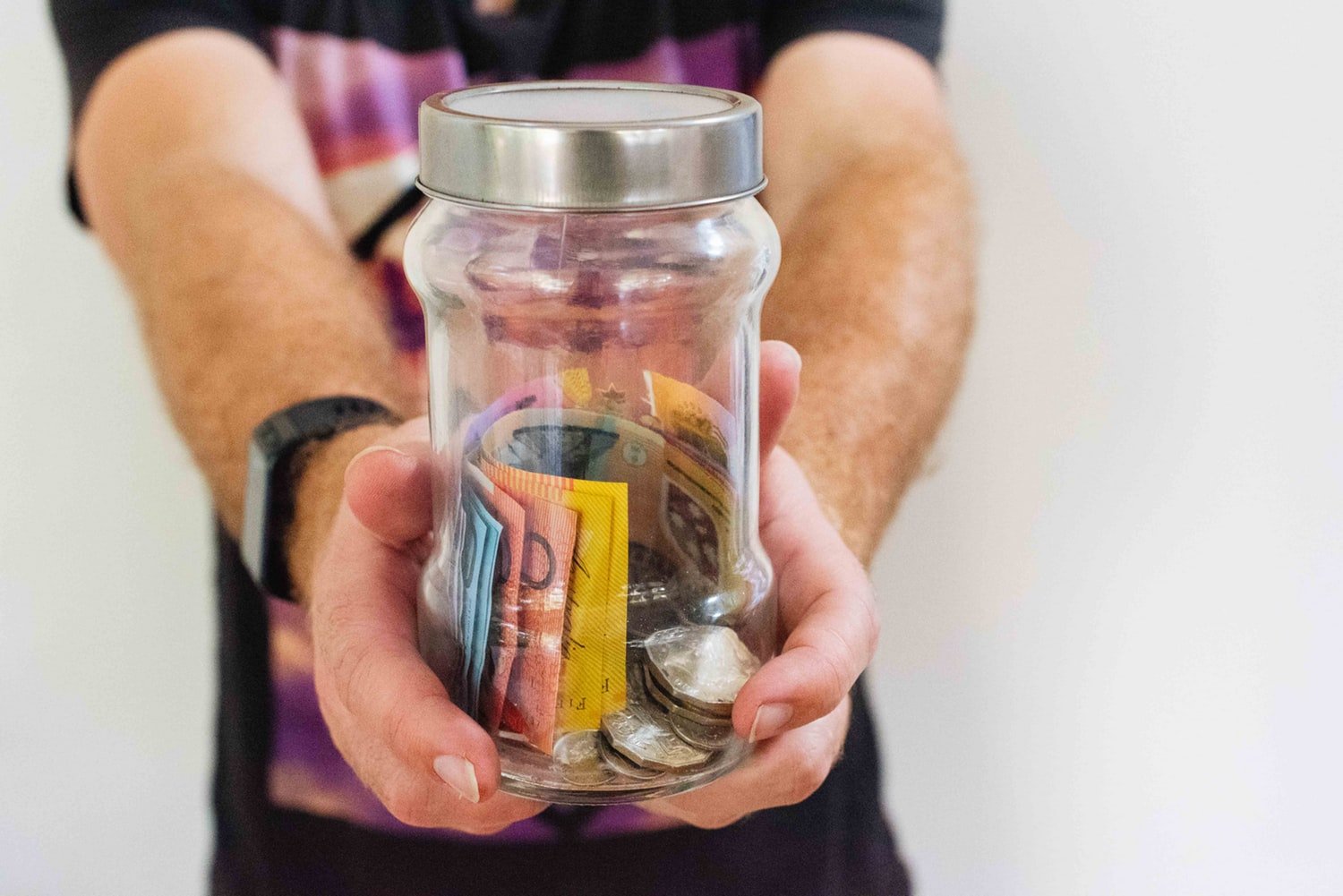10 Halal Super tips & strategies if you are in your 60s or 70s
Are you looking to retire soon? Consider the balance of your halal super and if it’s enough to support you once you stop working. If it’s not, you may need to adjust your savings strategy.
That way, you can put your money into an ethical fund without compromising your retirement plans. Soon enough, you’ll be ready to withdraw the money and enjoy the next stage of life.
Read on to learn more.
1. Understand the Access Rules
Once you reach your 60s and 70s, you should understand how you can access your superannuation fund. At this point, you will most likely have some sort of access, though different factors can affect how much of your super is available to you.
Consider if you’re still working or have or are about to retire completely. Then, you can plan for your retirement since you have a pretty good idea of how much money you’ll have for when you stop working.
Here are a few ways you may qualify for access to your halal super.
Full Access
The most straightforward benchmark is full access because you receive that when you turn 65. If you’re that age or older, you can access your retirement savings whether you still work or not.
You can use the money tax-free, but you can also contribute more to it if you continue to work. Think about your super balance and your overall financial situation.
Then, you’ll be able to decide how much more you need to save or if you’re ready to start withdrawing money.
Preservation Age
Your preservation age depends on your birth year, and you can access some of your super even if you’re working. Age 60 is the oldest preservation age as of now, and the other ages are as follows:
- 55 for those born before 1 July 1960
- 56 for anyone born from 1 July 1960 to 30 June 1961
- 57 for people born between 1 July 1961 and 30 June 1962
- 58 for those born from 1 July 1962 to 30 June 1963
- 59 for anyone born between 1 July 1963 and 30 June 1964
- 60 for people born on or after 1 July 1964
Once you reach your preservation age, you may start to withdraw from your super using a transition-to-retirement (TTR) strategy. Then, you can continue to work, but you can slowly decrease your schedule, whether you’re in your 60s, 70s, or even 50s.
Transition to Retirement
A TTR plan is useful for a couple of things. First, you may want to start working less without retiring completely. The plan is also useful if you need to add some last-minute savings to the account while you work full-time.
While you work, you can take money out of your super but still contribute to it. Your employer can also continue to make contributions so that you have plenty of money when you stop working.
In your 60s, you’ll also qualify to take out that money without paying taxes on it. And by working less, you’ll have less income from your job, which can help decrease the amount of money you’ll owe in taxes.
However, withdrawing a lot very early may keep you from having as much money as you need later on. You may also need to work with a financial planner to determine how much you should withdraw so that you will still have a comfortable retirement.
How to Take the Money
When you’re ready to access your superannuation, you need to decide how you want to withdraw the funds. The main options you have are to take the money as a lump sum or to withdraw it as an income stream.
A lump sum is useful if you want all of your money now and know you can budget it over the next few years. However, that’s not the best idea if you want to keep contributing to the super because it can lower the amount you can earn in interest.
An income stream is a better option because you can withdraw enough each month to maintain your income while working less. Then, you won’t have to adjust your lifestyle significantly.
You can also maintain your contributions and those from your employer during your transition to retirement. However, you’ll need to consider how much money you’ll need each month.
2. Using a TTR Strategy
Once you reach your preservation age, you need to consider if a TTR strategy is right for you. If you want to start working less, it may be a worthwhile option so that you don’t have to reduce your expenses.
When you’re working, you’ll need to take your money as an income stream rather than a lump sum. That way, you’ll be able to maintain your standard of living.
The withdrawal amount will equal the salary decrease you take from shifting to a part-time work schedule. However, you will still be able to add money to the super to prepare for your full retirement.
Consider a Salary Sacrifice
You may also decide to take a salary sacrifice before you retire. This allows you to put more money into your super instead of taking it as part of your paycheque.
When you salary sacrifice your money into your super, you’ll pay the taxation rate for super contributions. The tax rate is currently 15%, which is lower than some tax brackets.
Because of that, it can be a great way to save for your retirement and lower your taxable income at the same time. If you want to top off your halal super, a salary sacrifice is worth considering.
3. Qualify for a Co-Contribution
Perhaps you aren’t earning as much as you once did because you’re working less or for some other reason. Either way, you may qualify for a co-contribution from the Australian government.
The government will contribute up to $500 to your super each year, which can be a good way to boost your income. Then, you won’t have to save as much yourself, and you can still set yourself up for a more comfortable living.
To qualify for this benefit, you need to make post-tax contributions to your super. You also can’t have a super balance of more than $1.7 million, which can disqualify you even with a lower income.
Fortunately, you don’t have to fill out an official application for this benefit. As long as you file your taxes and meet the requirements, you can receive the co-contribution.
4. Review Your Investments
When you reach your 60s, you should consider how you’re investing your superannuation fund. Earlier on, you may be able to afford to invest in riskier options with higher returns and losses.
However, as you get closer to retiring, you may want to invest in more conservative funds. Then, you won’t have to worry about losing all of your money when you need it the most.
You can look for a halal super that focuses on ethical investments at all risk levels. Approaching retirement doesn’t mean you have to compromise on your beliefs in order to save money.
Think About Government Benefits
As you adjust your investment strategy, consider if you may already qualify for government benefits outside of retirement. The Commonwealth Seniors Health Card, for example, can provide you with discounts on health care.
You may also qualify for the Age Pension, which ranges from 66 years and 6 months to 67 years, depending on when you were born. Both of these benefits can take away some of the financial stress during your retirement.
If you currently qualify or will in the future, you may not need to save as much before you stop working. So you might afford to be a bit riskier with your investing. Either way, make sure you will have the money and benefits you need.
5. Boost Your Super Balance
If you’re still working full-time and earn a high income, you may want to make a non-concessional contribution to your super. You can contribute up to $110,000 per year to the account.
This is an excellent option if you’ve already reached the maximum contribution for the year. As long as the contribution won’t lead to short-term financial hardship, consider saving the money for retirement.
Unfortunately, this option isn’t always possible if you earn a smaller income. However, it’s worth doing before you start a TTR plan and have less income from your job.
6. Look Into Downsizer Contributions
A downsizer contribution is another method you can use to add more money to your halal super. You can make the contribution if you’re looking to downsize to a smaller home.
Anyone over 65 is able to make a downsizer contribution. When you sell your home, you can take the money you receive and add it to your superannuation.
Then, you can both save for retirement and move to a home that suits your needs. That can help you prepare for the amount of money you’ll earn during your retirement.
7. Qualify for the Work Test
When you reach age 67, you will need to pass the work test to continue contributing to your super. At that age, you can still receive compulsory contributions from your employer as well as downsizer contributions.
You will need to work at least 40 hours during a period of 30 days. That does not include any money you earn through rent, interest, or other passive income streams.
If you want to qualify for the work test exemption, you need to meet the following requirements to make other voluntary contributions:
- Have a total super balance of less than $300,000 in the previous fiscal year
- Not use the work test exemption before
- Satisfy the work test in the year before you make the contribution
You’ll always be able to receive compulsory contributions from your employer, even after age 75. However, you will need to qualify for the work test or work test exemption to contribute more money to your super.
8. Set a Budget for Retirement
Another important thing to think about in your 60s and 70s is your retirement budget. You should think about how much money you’ll need or want each year and how long you expect the money to last.
When making the budget, consider your expenses for housing, food, transportation, and discretionary spending. The exact amount of money you need will depend on your circumstances.
For example, you may need more money if you live in a major city than a small town. You might also need more money if you don’t have family to support you.
Once you determine how much money you’ll need, you can revisit some of the other strategies, such as making a downsizer or non-concessional contribution. That way, you won’t retire without enough income.
9. Meet With a Financial Advisor
Consider meeting with a halal super advisor or a general financial advisor. They can go through your super and help you figure out how much you need to contribute before you’ll be able to retire.
The advisor can help you determine your budget for retirement, and they can give you specific options to contribute to the fund. For example, they may tell you that a big non-concessional contribution isn’t the right option.
That can help you save the money you need for retirement, and you won’t have to go through every strategy out there. Whether you’re in your early 60s or late 70s, your financial advisor can help you meet your needs.
10. Know Your Beneficiaries
If you don’t know who your super beneficiaries are, now’s the time to check. Your beneficiaries should be people you trust with the money in case something happens to you.
Whether you’ve gotten divorced or had a falling out with a relative, you may want to remove them as a beneficiary. You can change the beneficiaries and add people you trust more.
Be sure to inform your beneficiaries of their status. Then, they’ll be able to take any necessary steps to receive the money should something happen to you.
Making the Most of Your Halal Super
When you’re young, retirement seems like a lifetime away. However, when you reach your 60s, you need to consider how you can make the most of your halal super for your nearing retirement.
Then, you’ll be able to have enough money to support yourself after you stop working. Whether you choose to use a TTR plan or simply stop working, you need to have your finances in order.
Do you need help managing your super? Consider how Crescent Wealth can help you prepare for the future.
Share this
You May Also Like
These Related Stories

Why and how to rollover your existing superannuation

9 Perks That Make Your Super Account Even Better


